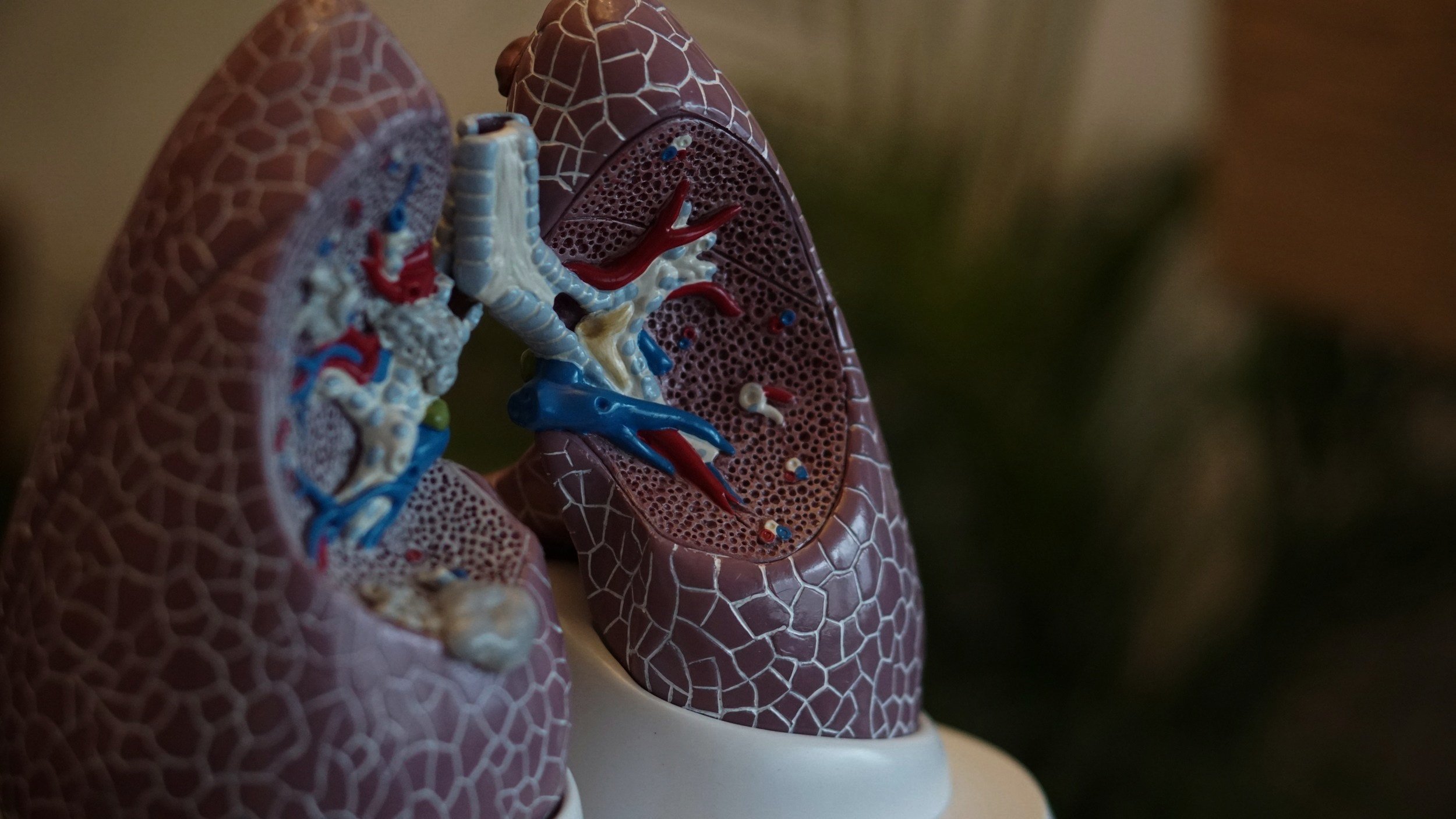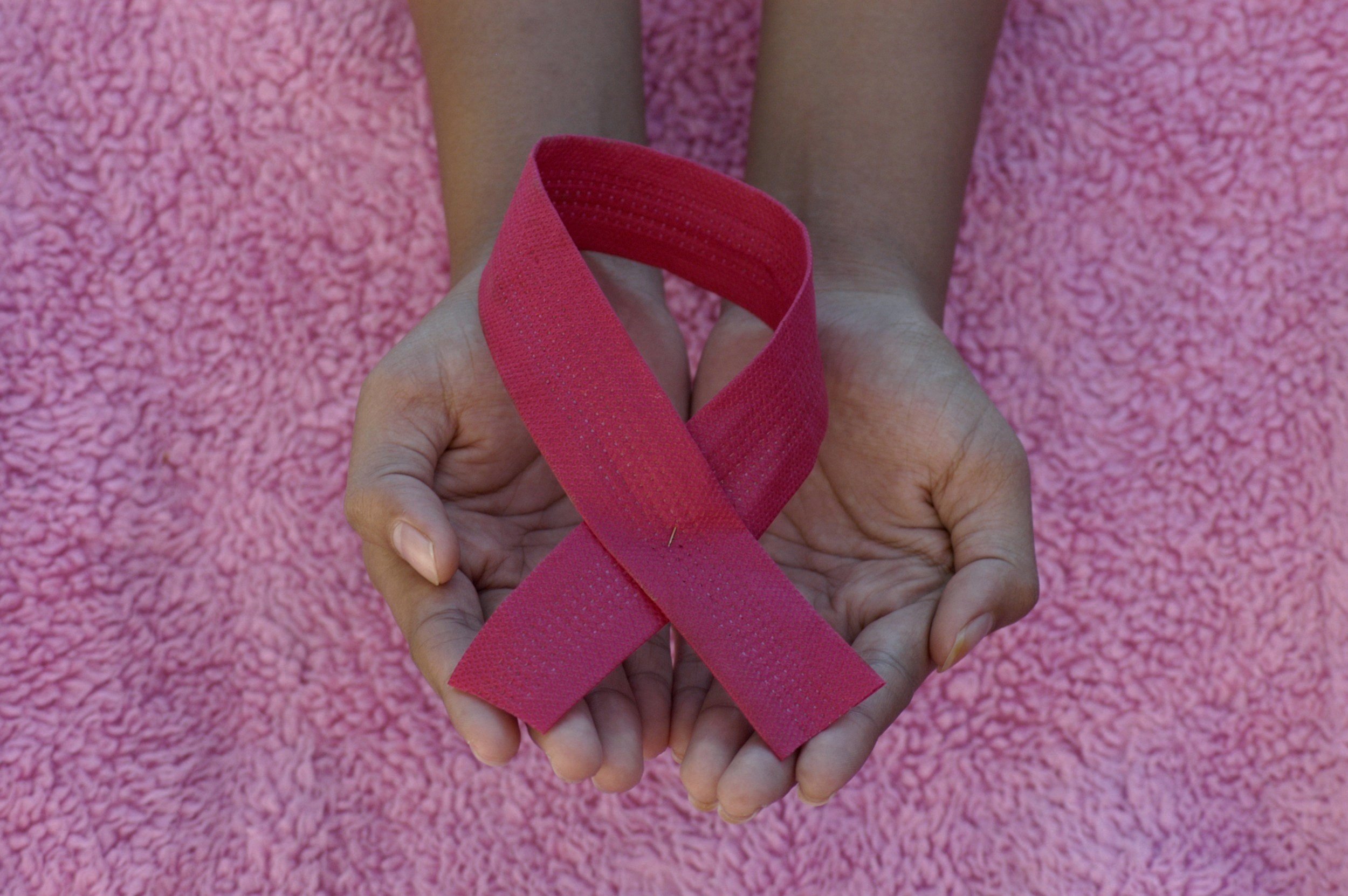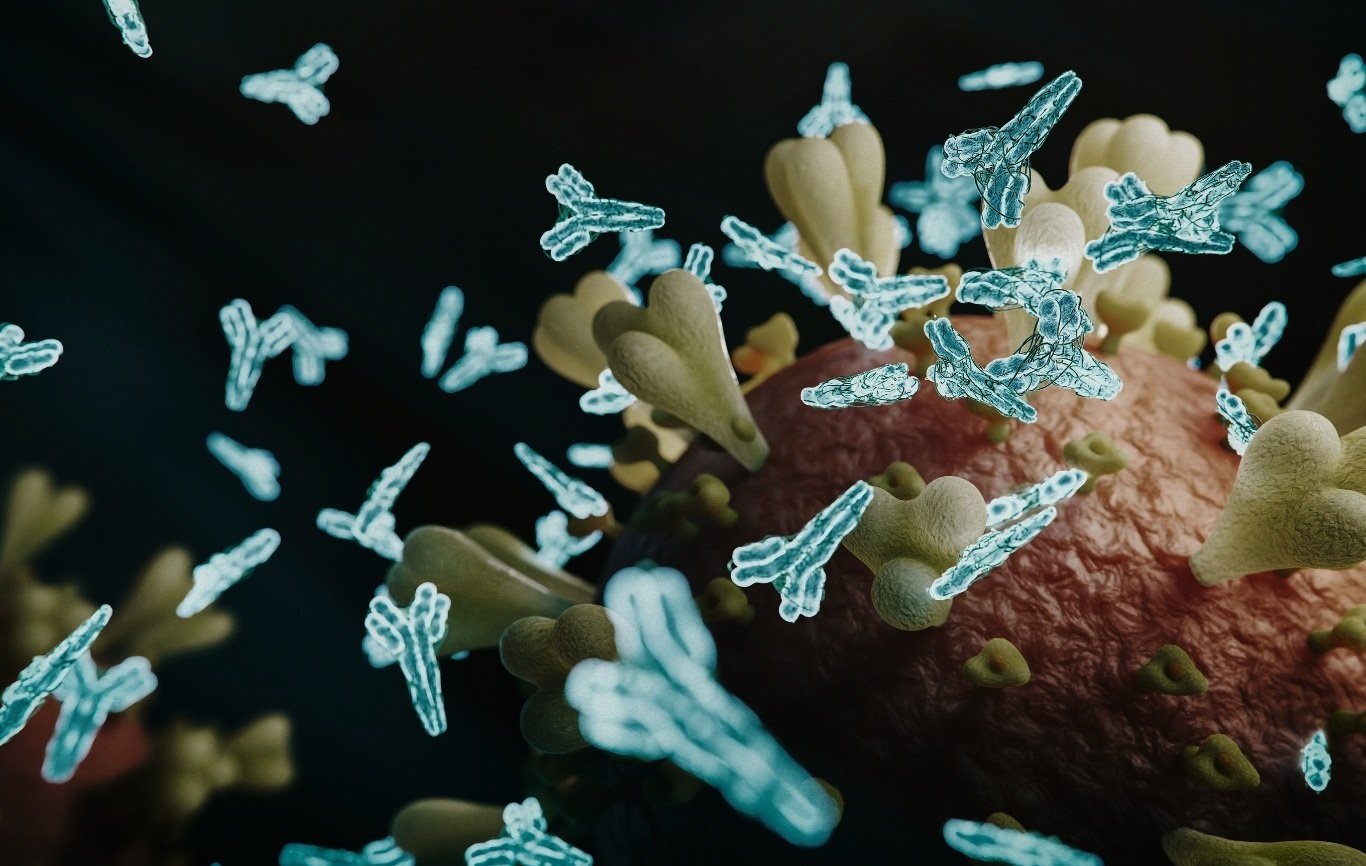RIOT Blogs
From the developing therapeutics to understanding various types of cancer, our blogs provide insights into current research and patient care.

Shining a Light on Pediatric Cancer: Supporting the Youngest Warriors
By: Zainab Al-Attwani, Gissou Jafari Torreie, Luca LeClair, Raymond Zeng
Childhood cancer is a devastating reality that affects thousands of families every year. This blog explores pediatric cancers’ unique challenges, highlights current and recent advancements in treatments and suggests ways to support and advocate for patient families.

Skin Cancer Uncovered: Understanding Risks, Innovations, and Prevention
By: Zainab Al-Attwani, Gissou Jafari Torreie, Luca LeClair, Raymond Zeng
By understanding melanoma and the risk factors that contribute to its development, we take a significant step toward combating its impact. Join us as we delve into the science, the latest breakthroughs, and simple yet powerful ways to safeguard your skin.

A Breath of Hope: Redefining Lung Cancer Outcomes with Modern Medicine
By: Zainab Al-Attwani, Gissou Jafari Torreie, Luca LeClair, Raymond Zeng
Despite advances in our understanding of risk factors and treatments, lung cancer remains the leading cause of cancer-related deaths globally (Oliver, 2022). This article will further explore the causes, current treatments for lung cancer, and emerging advancements in treatment approaches.

Navigating Breast Cancer: Awareness, Prevention, and Modern Treatment Approaches
By: Zainab Al-Attwani, Gissou Jafari Torreie, Luca LeClair, Raymond Zeng
Breast cancer is one of the most common cancers affecting women worldwide, and understanding its risk factors, prevention, and treatment options is crucial.
By taking a comprehensive approach, individuals can better navigate the complexities of breast cancer and take proactive steps toward maintaining their health.

Deciphering the Impact of Aging on Cancer: Senescence and Immunoaging
By: Erwan Goy
The high incidence of cancer can be attributed to numerous risk factors associated with its development, including alcohol consumption, tobacco, car pollution, dietary factors, viral and bacterial infections, among others. When considering the impact of such risk factors, one prominent factor stands out: aging.

Unleashing the Immune System to Fight Against Cancer
By: Heidi
In recent years, the dawn of immunotherapy has heralded a new era in cancer treatment. This article provides an overview of immunotherapy, delving into some examples, current challenges, and future potentials of its use.

Beyond the Physical: Exploring the Psychological Journey of Testicular Cancer Survivors
By: Dhwani Patel, Ching Yung Yuan, Mackenzie Smith
Testicular cancer is a prevalent and serious disease affecting the male reproductive system, specifically targeting the cells of the testicles and scrotum (1). Despite being the most prevalent solid tumour type in males, nearly two-thirds of men between the ages of 18-34 (assigned male at birth) do not know that they fall within the age group most at risk for testicular cancer, and do not know how to perform a self-examination (1).

Kidney Cancer: Risk Factors & Preventative Measures
By: Dhwani Patel, Ching Yung Yuan, Mackenzie Smith
Unfortunately, kidney cancer is a very severe disease affecting Canadians, with an estimated 8600 Canadians being diagnosed and 1900 Canadians dying from kidney and renal pelvis cancer in 2023 alone (1). Given the severity of this disease, it is important to consider the risk factors of kidney cancer so that we may lower our risk through lifestyle-based intervention and identify those at high risk due to genetic predisposition.

MYTHs and FACTs about cancers
By: Marine Lingrand
The most common misconceptions surrounding cancer mainly concern lifestyles such as tobacco, alcohol, or the sun, which are known to increase the risk of cancer. In this article, let's discuss interesting facts about cancers while demystifying some preconceived ideas about them.

Lifestyle Choices and Cancer Prevention
By: Dhwani Patel, Ching Yung Yuan, Mackenzie Smith
To lower our risk for cancer, it is important to understand that cancer is a multifaceted disease with many underlying causes. While genetics does play a role in cancer, only about 5-10% of cancers are caused by inheriting a genetic mutation (1). Thus, it is important to acknowledge the combined role of other factors including lifestyle choices such as diet, exercise, substance abuse, and chronic stress in increasing our risk for cancer.

